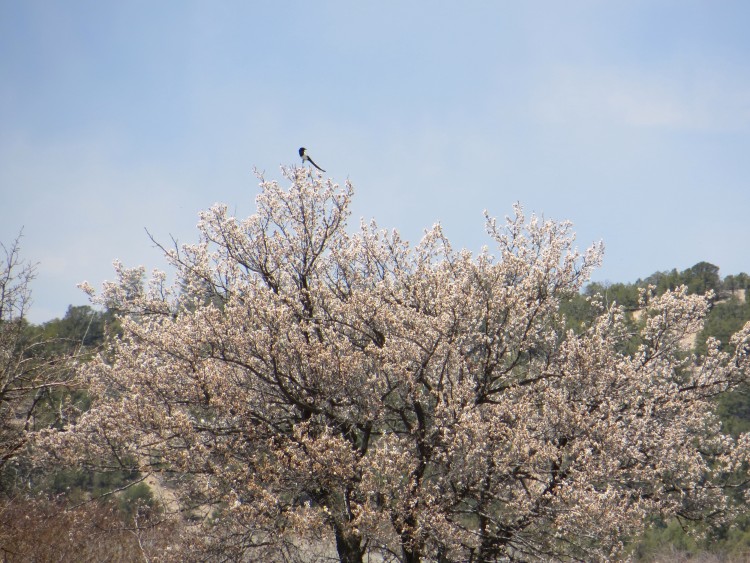I have been thinking a great deal about how much time I have left. For well over a year, no, longer, this has been a musical undercurrent to most of my thoughts, a faint melody. Sometimes, the tune vanishes completely — on sunny days with the dogs running alongside when I can reach a full stride over even ground, or when I smoothly hoist a big rock and carry it by my chest and feel the tightness of my muscles. Or when I am writing and teaching and thus trying to make something clear to myself and to a reader or student. I forget what is coming. I work in the quiet. But the refrain always returns and is growing stronger, inevitably so; the song is preset to only increase in volume before it stops.
I can sense this particular place and its habits closing in around me, growing more possessive, more stingy about risks, and I can also sense the exhaustion of its possibilities – my weariness with the usual roads and trails and haunts; with the cranky actions and manners of the neighbor, with the usual boxy landscape – all of it cramped, controlled, domesticated; with the faded remnants of my working reputation; with all those acquaintances who think they know me and have me indifferently catalogued into the retired man slot, the used up slot. Jesus, how many years will it be before waitresses begin calling me “Hon” and examining me with a jaded patience.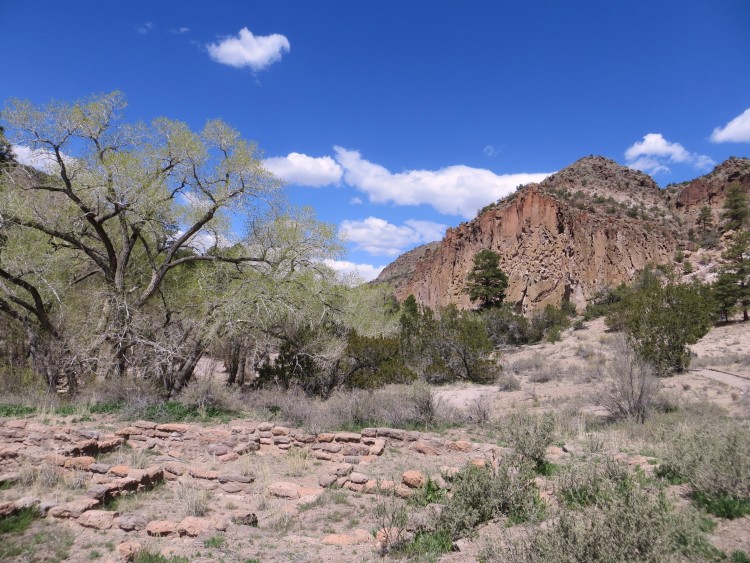
I register the covert, intensifying presence when the aches in my hands grow stronger, or when I look at photos of myself and wonder half-aloud ‘who is that ragged looking old fellow?’ Or when I reach the top of a 30 foot ladder at 6500 feet of altitude and wonder why my heart is pitching madly against my chest-wall as if it were a bird trying to escape a room.
Robin Sachs died suddenly. I did not know until a friend told me that his voice would no longer be available as Harry Hole or Cromwell. I will miss a man I never met. He was only 61, my age, an age that recently has acquired an uncanny solemnity, one only of my making. That number has popped up twice, three times, more, in the past six months – premature deaths, the onset of cancer or early Alzheimer’s, a freight load of disasters bearing down, or so it seems to me, and then on Friday morning on a back road, I missed hitting a pileated woodpecker by a hair, a grand animal, who came streaming in from the left and only survived when I pulled the steering wheel sharply away.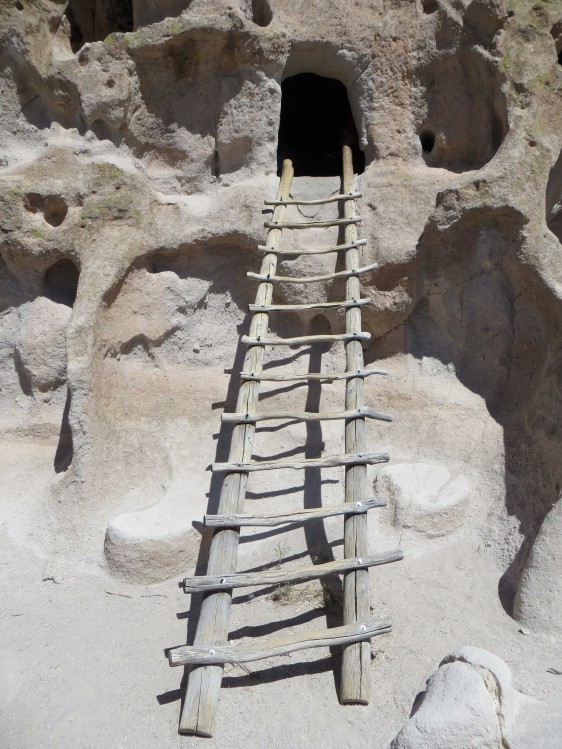
In my present state of body and mind, a restless, edgy, craving energy, these incidents become portents, but instead of shoving me towards despair, they incite in me a turn toward light and space. All these photos are pictures of the wonderful light and space of New Mexico.
Georgia O’Keefe called its immensity the “faraway”; D.H. Lawrence described the light as “luminous,” Ansel Adams as “glowing.” There is something left to be sought after out here, where the eye can sweep over miles and miles of desert and mountain in a second, where an everyday raw beauty in nature reasserts itself as an elemental quality in one’s life.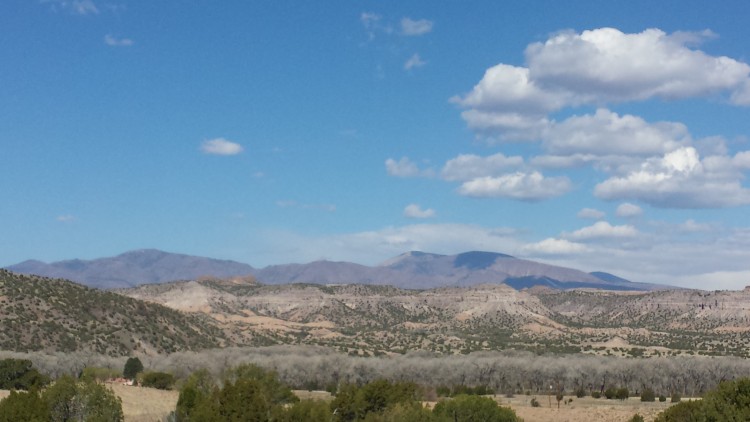
I do not want to die with deeds left undone, with my history feeling incomplete. I want something more than what I have become. I want to say that I cannot sit quietly in a room and — just — wait, but ‘cannot’ is such a slippery word. Cannot gives way to qualifiers – ‘perhaps’, ‘if possible’, ‘there is a chance’. Cannot gives way to the quicksand of maybes. I know that there are no opportunities without hazards, and that only action banishes ‘cannot’.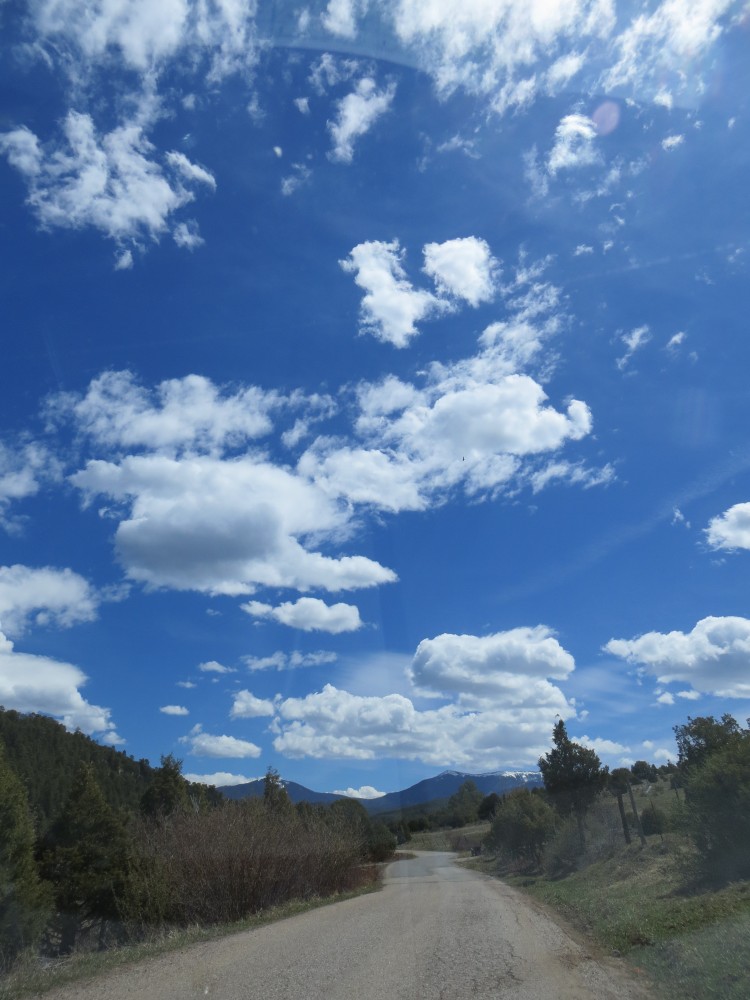
I do not want displacement, only an embarkation, and a gate through which to pass to a new country where I might settle and mount one more reinvention, carting my history with me, yes, but a lighter history, one shaken and winnowed by choice. The opposite of uprooting is planting. Perhaps sowing is the more apt word. Scatter the seeds in new ground – my curiosity, the need for people, the yearning for all the phenomena of a fresh land, the renewal of questions that will no longer have fixed answers: what will this morning bring? What will I see today that is new? Who will I meet? How will they and the landscape unfold into stories not yet told?
O’Keefe painted bones she picked up and sky and the red land all together. She once said, “the bones seem to cut sharply to the center of something that is keenly alive on the desert though it is vast and empty and untouchable – and knows no kindness with all its beauty.”* I am not looking for the Romance of the desert but for the hard edge of the unexpected where an ecstatic vision of ordinary life may be reaffirmed. It is not too late.
*Georgia O’Keefe at Ghost Ranch by John Loengard
